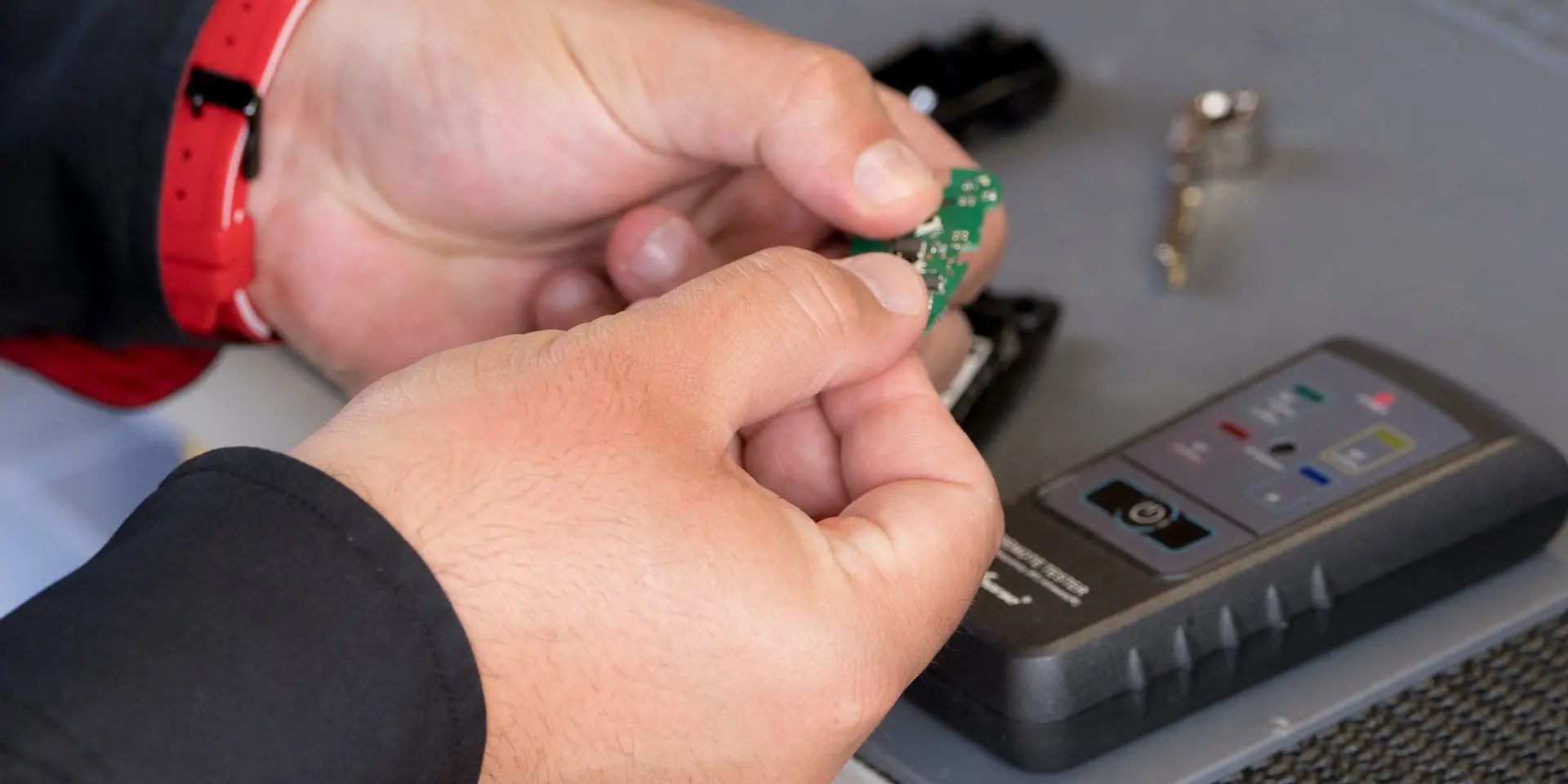
Car Key Recoding
Add a review FollowOverview
-
Founded Date March 14, 1978
-
Sectors Sales & Marketing
-
Posted Jobs 0
-
Viewed 21
Company Description
You’ll Be Unable To Guess Emergency Car Key Repair’s Secrets
Emergency Car Key Repair: A Comprehensive Guide
Car keys are a vital part of vehicle ownership, and their abrupt malfunction can cause considerable inconvenience. Whether lost, broken, or harmed, understanding how to handle emergency car key repair is vital for any vehicle owner. This thorough guide checks out different elements of car key repair and replacement, dealing with typical issues, potential solutions, and the significance of expert services.

Comprehending Car Keys
Modern car keys been available in various types, each featuring distinct technologies and functionalities. The primary types include:
- Traditional Mechanical Keys: The most basic kind, these keys run through a mechanical locking mechanism.
- Transponder Keys: Equipped with a chip that interacts with the car’s ignition system for enhanced security.
- Key Fobs: Remote gain access to systems that often include keyless entry features.
- Smart Keys: Advanced systems that enable keyless ignition and entry, normally discovered in newer automobiles.
Common Issues with Car Keys
In emergency circumstances, comprehending the cause of car key breakdown can assist identify the best approach for repair. Some often encountered problems consist of:
- Key Breakage: Often happens due to wear and tear or extreme pressure when inserting or turning the key.
- Lost Keys: Misplacement or loss of keys can leave a vehicle owner stranded.
- Dead Key Fob Battery: A common concern with remote keys, resulting in failure in keyless entry or ignition.
- Transponder Key Malfunction: If the chip in the key is harmed, the vehicle may not recognize the key.
- Lock Cylinder Issues: Problems with the ignition or door lock cylinders can prevent the key from turning effectively.
DIY Emergency Car Key Repairs
Before availing professional services, specific scenarios might allow for DIY repairs. However, these techniques depend on the concern at hand. Below are some techniques:
1. Broken Key Repair
Products Needed: Super glue, a set of pliers, and damp wipes.
Steps:
- Carefully line up the two pieces of the broken key.
- Use a small quantity of incredibly glue to the break and hold the key together for a few minutes.
- Wrap the key with tape to supply extra assistance while the glue dries.
- If the key breaks again, think about getting a duplicate made.
2. Dead Key Fob Battery Replacement
Products Needed: New battery (generally CR2032), small flat-head screwdriver.
Steps:
- Open the key fob using the screwdriver.
- Get rid of the old battery carefully.
- Change it with a new battery, ensuring the positive (+) side deals with the proper instructions.
- Close the fob and test the functions.
3. Lock Cylinder Issues
If your key won’t kip down the lock, it may be due to particles or problems with the cylinder itself.
Products Needed: Lubricant spray, an old tooth brush or fabric.
Steps:
- Spray a small amount of lube into the lock cylinder.
- Use a fabric or old tooth brush to clear any debris or dirt.
- Attempt to turn the key carefully.
When to Seek Professional Help
While many problems may be dealt with through DIY techniques, some issues need the know-how of an expert locksmith or car dealer. The following scenarios typically warrant expert intervention:
- Severe Damage: If the key is significantly damaged or broken, changing it might be necessary.
- Transponder Key Issues: Expert reprogramming might be required if the key stops working to communicate with the vehicle.
- Key Duplication: For complex key types, a locksmith makes sure accurate duplication or replacement.
Benefits of Choosing Professional Services
- Expertise: Professionals have the essential training and experience to handle different types of keys.
- Time Savings: Instead of trial and mistake, experts can resolve problems efficiently.
- Access to Technology: Locksmiths can reprogram transponder keys and key fobs that need specialized equipment.
Comparison Table: DIY vs. Professional Services
| Aspect | DIY Solutions | Professional Services |
|---|---|---|
| Cost | Low (very little tools) | Higher (service charges) |
| Skill Required | Basic | Advanced |
| Time Efficiency | Variable | Quick |
| Repair Capabilities | Minimal to minor problems | Wide variety of repairs |
| Tool Accessibility | Fundamental tools | Specialized equipment |
Often Asked Questions (FAQs)
1. Can I get a car key made without the initial?
Yes, a locksmith can frequently produce a duplicate key using the vehicle’s VIN (Vehicle Identification Number).
2. How long does it take to change a car key?
The time needed depends on the key type and the intricacy of the locksmith’s work. Fundamental keys may take a few minutes, while electronic key fobs may take longer.
3. Will my car guarantee cover key replacement?
Usually, car guarantees do not cover key replacement. However, it’s finest to check with your dealer regarding coverage specifics.
4. Is it safe to buy car keys online?
Buying car keys online can be risky; it’s vital to make sure that the provider is trusted. Lots of keys need programming that can only be done by professionals.
5. What should I do if my key gets stuck in the ignition?
If your key is stuck, prevent forcing it out. Rather, turn off the vehicle, guarantee the gear is in ‘Park,’ and gently wiggle the key. If it does not come out, seek professional help.
Managing emergency car key repairs can be difficult, but comprehending the kinds of keys, common issues, and repair choices can ease the tension. While DIY techniques can be reliable for small repairs, understanding when to contact a professional can save time, aggravation, and eventually, money. By being proactive and notified, vehicle owners can guarantee they are well-prepared for any car key emergencies.


